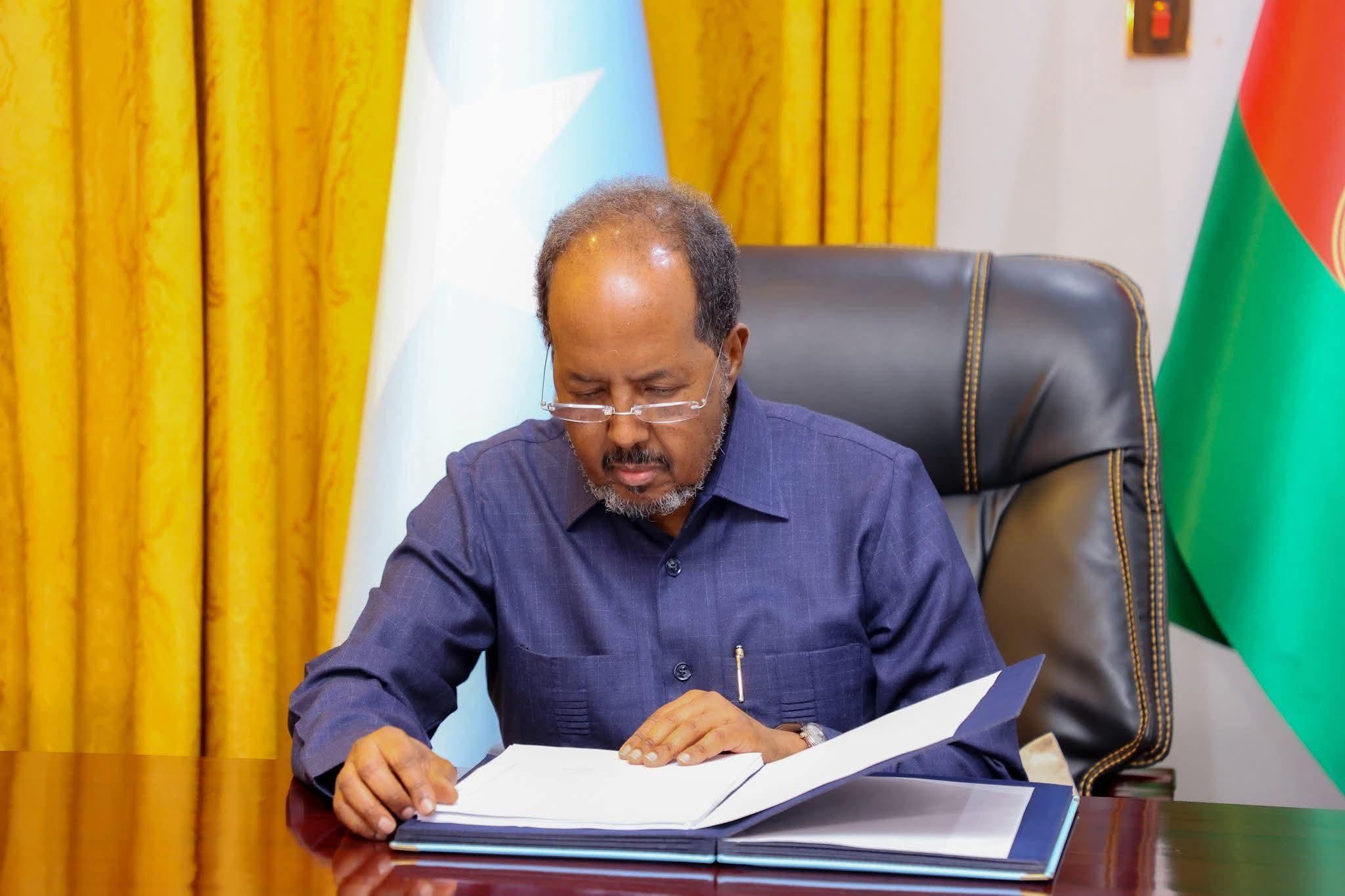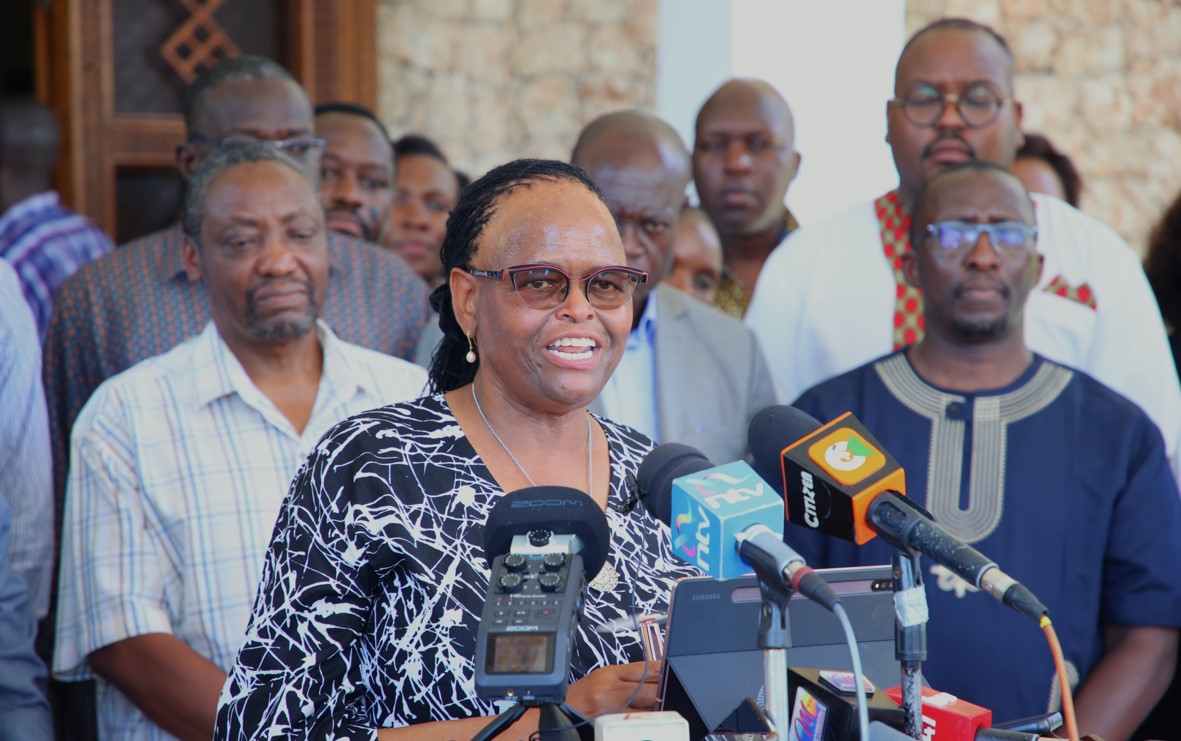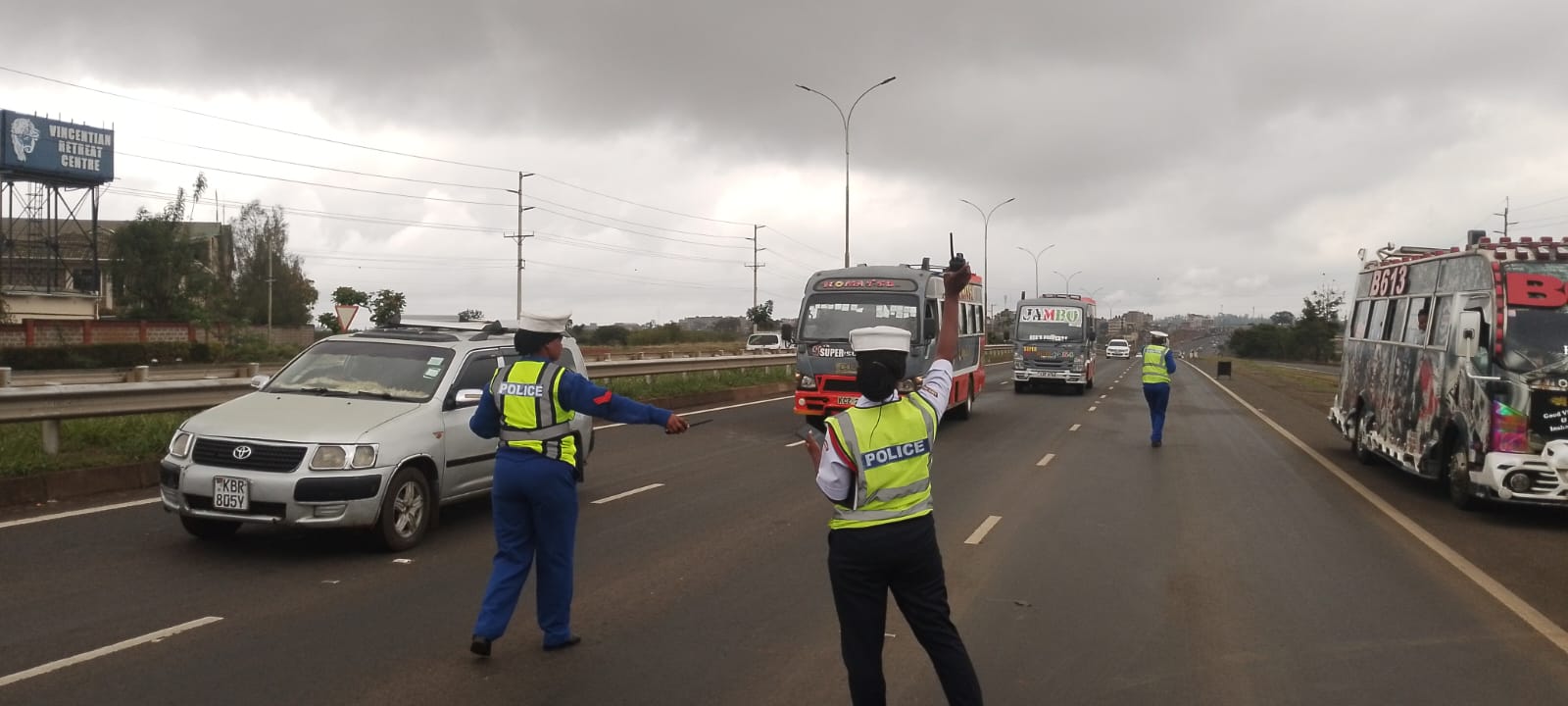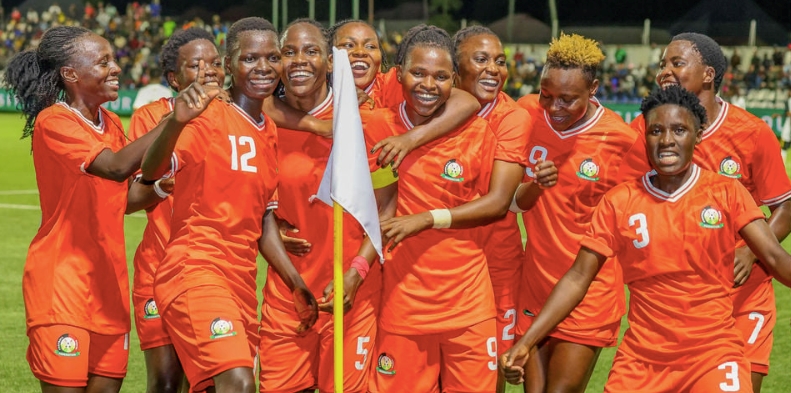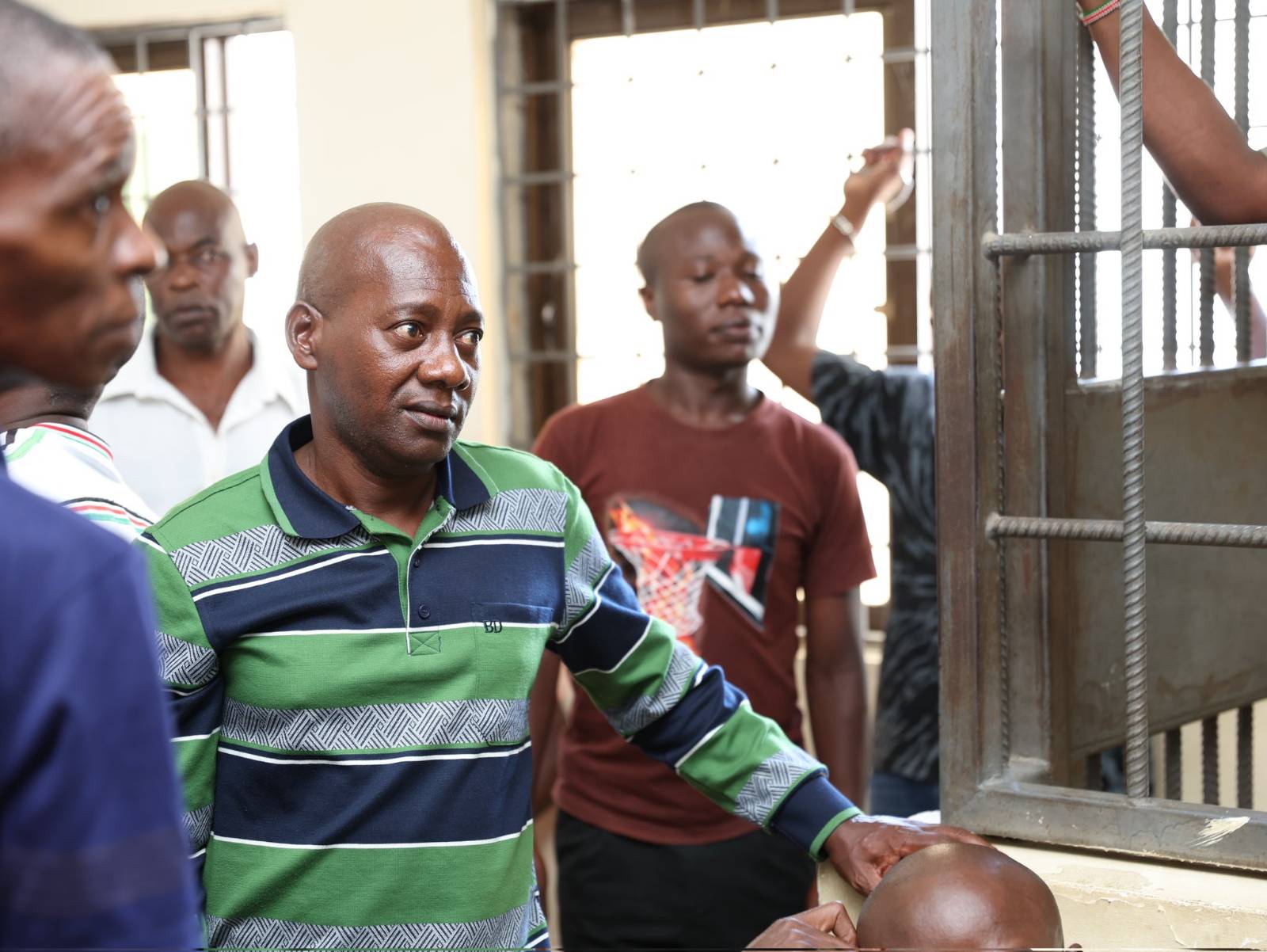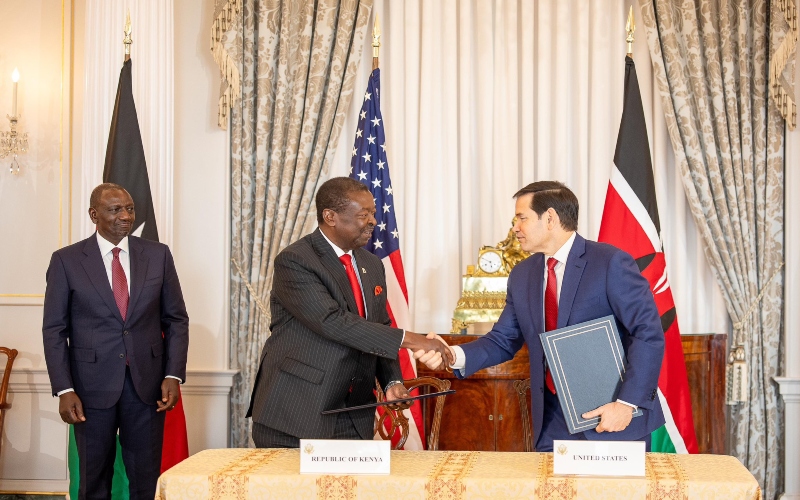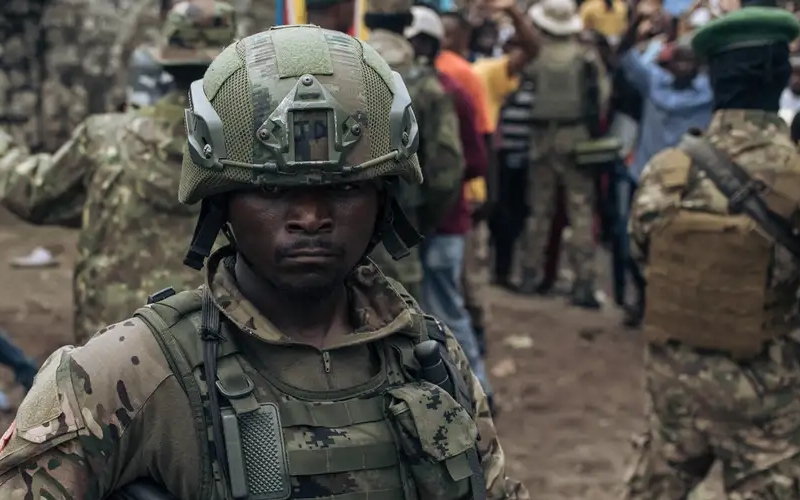How doctors offering free healthcare services are bringing hope to mothers in Somalia’s Mudug region
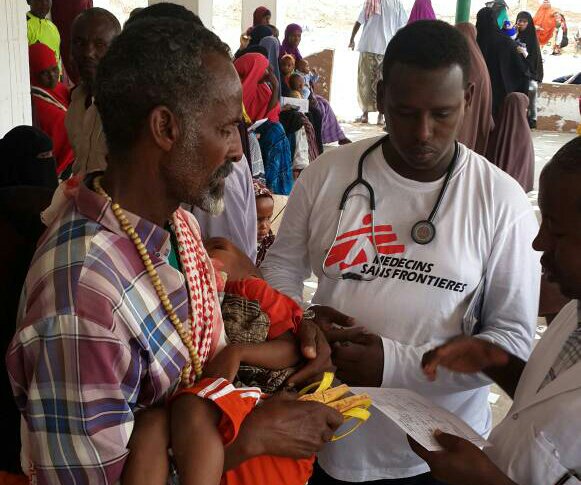
As a result, parts of Mudug remain severely underserved, with limited facilities and staff, challenges that have contributed to persistent malnutrition and disease crises. Mothers and children are often forced to travel for hours on unsafe roads in search of better healthcare, as nearby clinics are unable to handle emergencies.
For a long time, the Mudug region in central Somalia has struggled with the challenges of conflict and insecurity, fuelled by long-standing clan disputes and the presence of Al-Shabaab.
The region is divided between the southern side (Galmudug administration) and the northern side (Puntland administration), both of which have struggled with the continued threat posed by Al-Shabaab militants.
More To Read
- Kenya’s children holiday hunger: How school holidays leave slum families struggling to survive
- AfDB grants full debt relief to Somalia after decades of economic turmoil
- Trump faces rising backlash over remarks targeting Somali immigrants
- Somalia welcomes first group of Sudanese students under new scholarship programme
- Mogadishu’s Hamarweyne market shut for third day amid tax dispute
- How to make sweet and savoury plantains at home
As a result, parts of Mudug remain severely underserved, with limited facilities and staff, challenges that have contributed to persistent malnutrition and disease crises. Mothers and children are often forced to travel for hours on unsafe roads in search of better healthcare, as nearby clinics are unable to handle emergencies.
In this region, few women give birth with the help of skilled health workers, and many do not complete the recommended antenatal visits.
Médecins Sans Frontières (MSF) notes that rising hunger and displacement are compounding these challenges.
Somalia’s Post-Gu analysis by authorities and United Nations agencies found that 3.4 million people, around 18 per cent of the population, were facing crisis or worse levels of acute food insecurity between July and September 2025. The report also projects that 4.4 million people (23 per cent) could face crisis levels or worse by the end of the year.
At the same time, about 1.85 million children under five are expected to suffer from acute malnutrition between August 2025 and July 2026, including 421,000 likely to be severely malnourished.
“With funding shortfalls, food assistance is declining from around 1.3 million recipients to a planned 375,000 per month, leaving families hungrier and pushing more mothers and children to arrive at health facilities dangerously sick,” the medical humanitarian organisation says.
The organisation supports the Ministry of Health in both Galkayo North and South to deliver free maternal and paediatric services.
One of its beneficiaries, 32-year-old Fatima Abdi Ali, benefited from an emergency caesarean section performed by MSF teams after she faced life-threatening complications during her seventh pregnancy.
“She and her husband travelled more than 125 kilometres, crossing from Ethiopia to reach Mudug Regional Hospital in Galkayo North. It was the nearest facility equipped for such an emergency. On arrival, MSF teams performed an urgent caesarean section, saving Fatima and her baby,” the organisation notes.
Between January and June 2025, MSF assisted 3,076 births, a 3.6 per cent increase from the same period in 2024.
The organisation reports that antenatal consultations fell by eight per cent to 19,777, suggesting that more women are missing preventive care and arriving later or in riskier condition.
At the same time, admissions for malnutrition rose by 49.6 per cent, driven mainly by moderate acute malnutrition with complications requiring treatment. Admissions for severe acute malnutrition remained broadly in line with last year. Taken together, these trends indicate rising pressure on services even as other support declines.
Halima Abdi Adan, another beneficiary, recalled how she walked for hours with her feverish two-year-old boy to reach the hospital, where MSF treated him for measles, pneumonia, and acute malnutrition.
“The people here saved his life,” she said.
At Mudug Regional Hospital, MSF teams run maternity, paediatric, neonatal, emergency, and nutrition services, and support a tuberculosis unit. Three mobile clinics provide consultations, vaccinations, and nutrition screening to twenty-three camps for displaced families.
MSF also supports Galkayo South Hospital and three clinics offering maternal health, neonatal, immunisation, and emergency services.
“Mothers and children should not pay the price of remoteness and funding cuts. We need aid directed towards maternal health, nutrition, and vaccination so that parents do not have to choose between transport and treatment,” said Mohammed Ali Omer, MSF’s Head of Programme in Somalia.
Dr Jarmila Kliescikova, the MSF Medical Coordinator in Somalia, noted that cases of patients arriving in critical condition after travelling for hours due to limited local services are not unusual.
“Functioning health facilities will bring care closer, and this can be the difference between a manageable illness and a life-threatening emergency,” she said.
Top Stories Today
